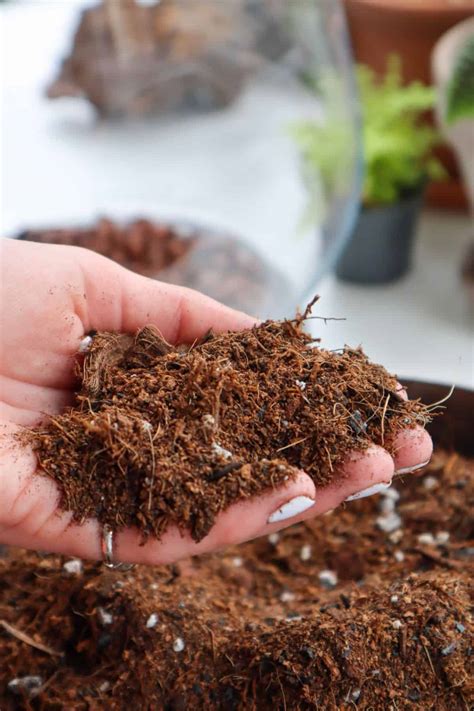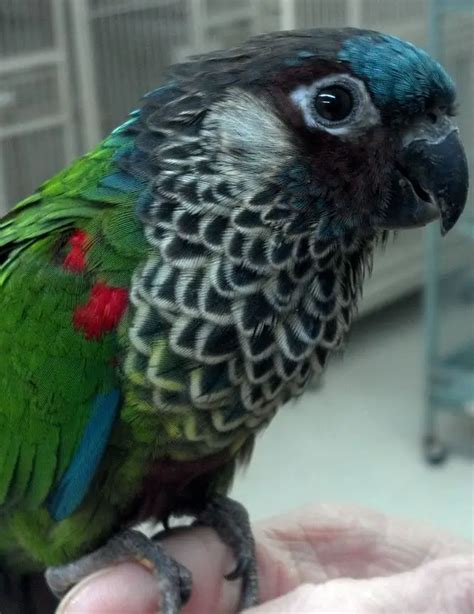If you’re considering adding a feathered friend to your life, conures make excellent companions. Their vibrant colors, playful personalities, and intelligence make them a joy to own. However, understanding their unique care and behavioral needs is crucial to providing them with a happy and fulfilling life.

Essential Care for Your Conure
Nutrition
Conures are omnivorous and require a balanced diet to maintain their health. Their primary diet should consist of:
- High-quality pellets (70-80%)
- Fresh fruits and vegetables (20-30%), such as apples, blueberries, carrots, and spinach
- Occasional treats, such as nuts, seeds, and cooked eggs
Housing
Provide a spacious cage that accommodates your conure’s size and allows for plenty of exercise. Ensure the cage has enough perches, toys, and a nest box for sleeping and hiding.
Exercise
Conures are energetic birds that require regular exercise to stay healthy and prevent boredom. Daily playtime outside of their cage for several hours is recommended.
Socialization
Conures are social creatures and thrive when they have regular interaction. Provide them with companionship by spending time with them, talking to them, and playing with them.
Veterinary Care
Regular veterinary checkups are essential for monitoring your conure’s health. Yearly exams should include a physical examination, bloodwork, and fecal analysis to detect any underlying medical conditions.
Conure Behavior: Know What to Expect
Personality
Conures are generally friendly and affectionate birds. They love to interact with their owners and often form strong bonds with them. However, they can also be vocal and demanding, so be prepared for some noise.
Intelligence
Conures are highly intelligent and can learn a variety of tricks and behaviors. They enjoy playing games, solving puzzles, and mimicking sounds.
Activity Level
Conures are known for their high energy levels and playful nature. They require plenty of mental and physical stimulation to stay happy and healthy.
Grooming
Conures need regular grooming to maintain their feathers and overall hygiene. Brushing their feathers twice a week helps remove loose feathers and distribute natural oils.
Common Health Issues in Conures
Psittacine Beak and Feather Disease (PBFD)
PBFD is a highly contagious virus that affects the feathers and beak of conures. It is fatal and has no known cure.
Proventricular Dilatation Disease (PDD)
PDD is a gastrointestinal condition that affects the stomach of conures. It can cause weight loss, vomiting, and diarrhea, leading to dehydration and malnutrition.
Feather Plucking
Feather plucking is a common behavioral problem in conures. It can be caused by stress, boredom, or underlying medical conditions.
Conure Care: Step-by-Step Approach
Choosing a Conure
- Research different conure species and select one that aligns with your personality and lifestyle.
- Visit a reputable breeder or rescue organization to meet potential conures and observe their behavior.
- Ensure that the conure you choose is healthy and well-adjusted.
Bringing Your Conure Home
- Prepare your cage with all the necessary supplies before bringing your conure home.
- Introduce your conure to its new environment gradually to minimize stress.
- Establish a consistent feeding, watering, and cleaning routine from day one.
Training Your Conure
- Begin training early to establish boundaries and encourage good behavior.
- Use positive reinforcement, such as treats and praise, to reward desired actions.
- Be patient and consistent with training, and avoid using punishment.
Conclusion: Embracing the Joy of Conure Ownership
Owning a conure is a rewarding experience that can bring years of joy and companionship. By understanding their unique care and behavioral needs, you can provide your feathered friend with a healthy, happy, and fulfilling life. Immerse yourself in the world of conures and embark on an unforgettable journey with these charming and captivating birds.
Tables for Conure Care and Behavior
| Nutrition |
|—|—|
| Pellets | 70-80% of diet |
| Fruits and Vegetables | 20-30% of diet |
| Treats | Occasional |
| Housing |
|—|—|
| Cage Size | Varies depending on species |
| Perches | Multiple and varied |
| Toys | Climbing, shredding, and foraging |
| Exercise |
|—|—|
| Daily Playtime | Several hours outside of the cage |
| Activities | Flying, climbing, foraging |





















